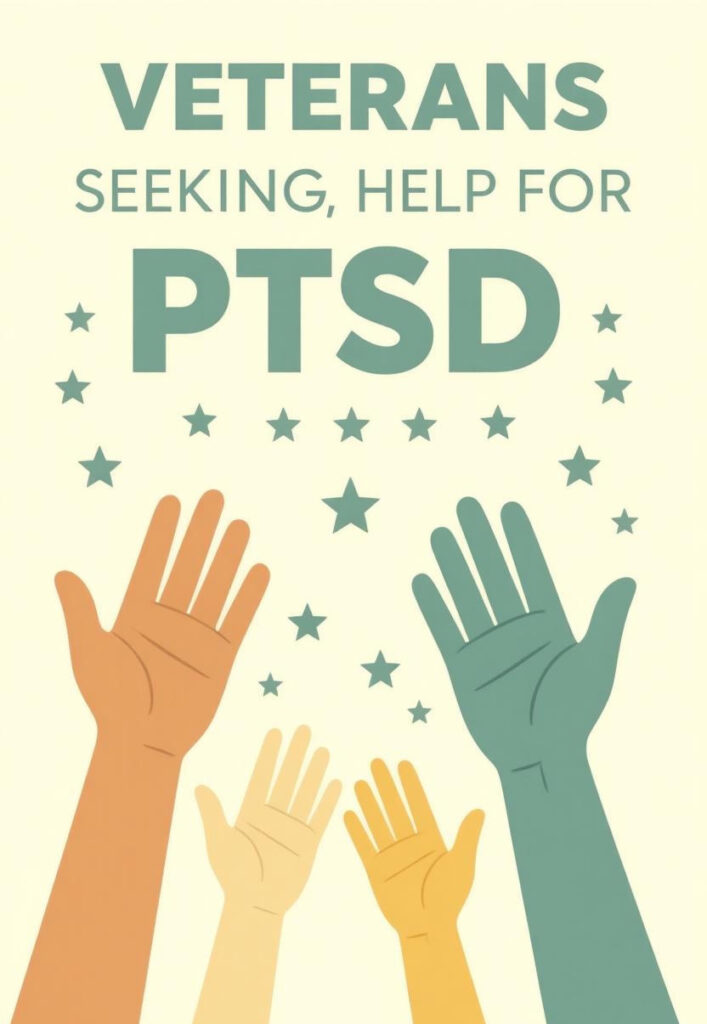I hope this letter finds you in a moment of quiet, even if the storm inside rages on. My name is S. Vincent Anthony, a Cold War veteran with severe PTSD, carrying the legacy of a family that fought in World War II, Korea, and Vietnam. I’ve stared into the abyss of flashbacks, nightmares, hypervigilance, and that relentless feeling of isolation—like the battlefield never truly ends. Conventional treatments didn’t bring me the relief I sought, so I forged my own path through writing, channeling the chaos into stories that process the pain and illuminate hope for others. If you’re grappling with PTSD, know this: you are not alone. Millions of us—veterans, survivors of trauma, everyday warriors—walk this road, and there is light ahead. Help is within reach, and reclaiming your life is possible.
PTSD isn’t a sign of weakness; it’s a wound from battles fought, whether on distant shores or in the hidden corners of life. The symptoms—the intrusive memories, avoidance, emotional numbness, or that constant edge—can make you feel hopeless, like the world has moved on without you. But remember, that’s the trauma speaking, not the truth. Research shows that with the right steps, symptoms can lessen, and many find remission. From established therapies like Cognitive Processing Therapy (CPT) or Prolonged Exposure (PE), which help reframe those haunting thoughts, to emerging options like MDMA-assisted sessions or ketamine infusions, there’s a growing arsenal tailored to individual needs, especially for military folks like us.
If you’re feeling overwhelmed, start small but act now. Reach out to the Veterans Crisis Line at 988 (press 1) or text 838255—it’s confidential, 24/7, and staffed by people who get it. For immediate support, Vet Centers offer walk-in counseling without bureaucracy, and VA programs provide over 200 specialized PTSD clinics. Enroll at va.gov if you haven’t; telehealth makes it accessible from anywhere. Build a network—join groups like the Wounded Warrior Project or the American Legion for peer mentors who understand the guilt, the moral injury, the survivor’s burden. Apps like PTSD Coach can guide daily coping, and simple habits like journaling (as I do through my books), exercise, or mindfulness can ground you.
You’re entitled to benefits too—file for VA disability if PTSD affects your work; it’s earned, not charity. Organizations like Make the Connection share stories of veterans who’ve overcome, reminding us recovery ebbs and flows but persistence wins. I’ve seen comrades transform, and through my writing, I’ve found purpose in honoring the fallen while fighting for the living.
Brother or sister in suffering, you’ve survived so much already. You’re resilient, even on the darkest days. Take that first step today—one call, one conversation. Help is here, and a life beyond the shadows awaits. You’re not alone; we’re in this together.
With solidarity and hope,
S. Vincent Anthony
Cold War Veteran and Author
